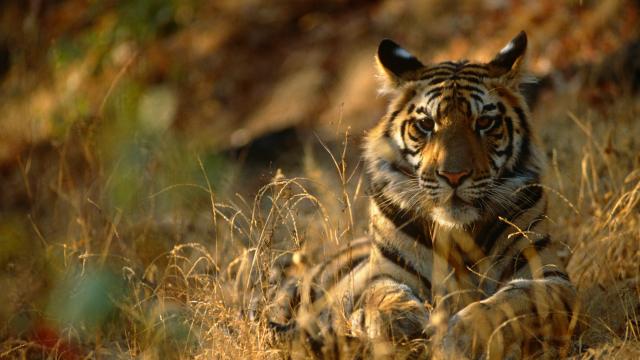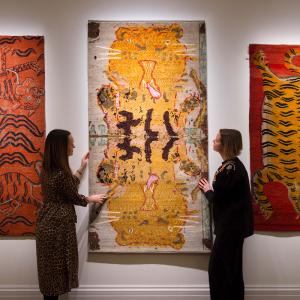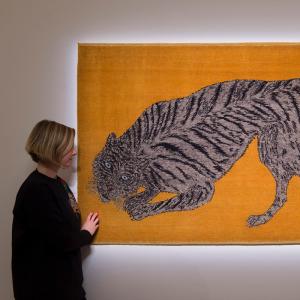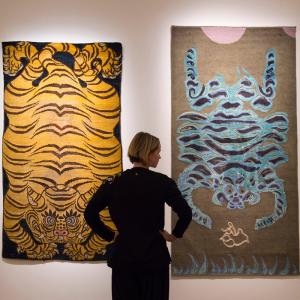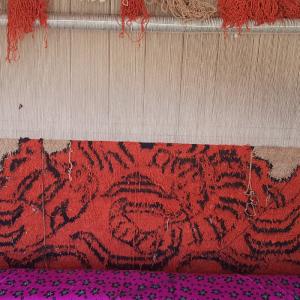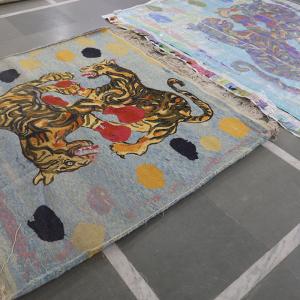
WWF is delighted to announce Tomorrow’s Tigers 2022, a major fundraising project with selling exhibition featuring specially commissioned, limited-edition art rugs by 12 internationally renowned artists, including a limited-edition art rug by Peter Doig and a unique, one-of-a-kind art rug by the leading Chinese artist Ai Weiwei. Tomorrow’s Tigers 2022 is a brand-new phase of a critically acclaimed project that we first launched in 2019 when we raised more than £750,000 to support tiger conservation. Devised and curated by Artwise Curators in partnership with WWF, working with specialist rug producers Christopher Farr, these highly collectible artworks will be exhibited at Sotheby's, London from 24th – 29th November 2022.
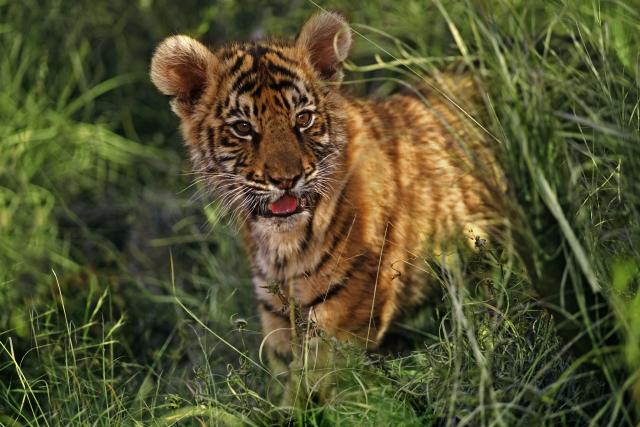
The Tx2 global goal
From an estimated population of around 100,000 a century ago, wild tiger numbers hit an all-time low of as few as 3,200 in 2010. The same year, the governments of all 13 tiger range countries came together to address the decline. At the high-profile St Petersburg Tiger Summit, these countries committed to double the number of wild tigers by 2022, the next Lunar Year of the Tiger. It remains one of the most ambitious conservation goals ever for a single species.
To support the TX2 goal, WWF has put its full force behind this ambitious effort by establishing the Tigers Alive Initiative, a global WWF initiative to engage all tiger range countries and other stakeholders worldwide. The 13 tiger range countries are: Bangladesh, Bhutan, Cambodia, China, India, Indonesia, Laos, Malaysia, Myanmar, Nepal, Russia, Thailand and Vietnam. WWF supported areas have already seen increases in tiger numbers this century – demonstrating that the aims of TX2 are within reach.
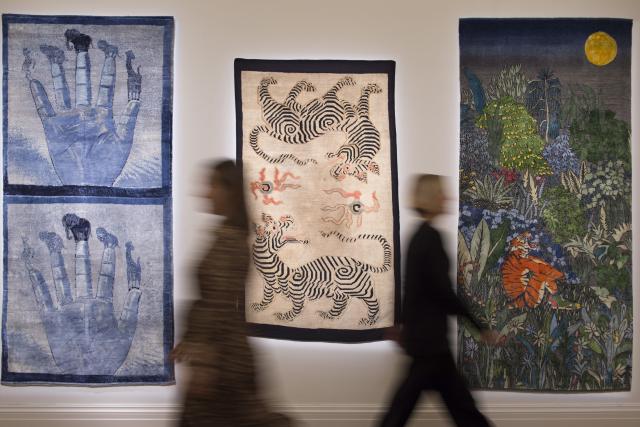
Protect tigers, protect so much more
The global protection of tigers is more than just a numbers game. Tigers are crucial for the ecosystems they live in. As top predators of the food chain, tigers keep populations of prey species in check, maintaining a balance between herbivores and the vegetation upon which they feed.
Furthermore, by protecting tigers – which are referred to as an ‘umbrella species’ – through robust enforcement against poaching and habitat encroachment, we’re also protecting vast areas of forest, which benefits many other species, and people too. Local people rely on forests to support their livelihoods and provide food, fuel and other products. Natural forests are being recognised as increasingly important to us all – providing fresh water, clean air and helping to regulate our climate.

Year of the Tiger
Coinciding with this year’s Lunar Year of the Tiger and the culmination of the global TX2 commitment to double wild tiger numbers, Tomorrow’s Tigers’ goal is to pass £1 million generated in sales of art rugs since the project’s launch and highlight the continued threat to wild tiger populations and the ongoing work of WWF internationally to address this.
Apart from the unique contribution from Ai Weiwei, the rugs are each made in a limited edition of 10 and will retail at prices starting at £10,000 with profits supporting tiger conservation globally. WWF invites you to support Tomorrow’s Tigers in generating more than £1 million from the sale of these stunning and highly collectable art rugs to sustain this vital conservation work.
“Over this last decade, a century-long trend of wild tiger decline has been reversed – providing a glimmer of hope. Protecting tigers protects more than just this one iconic species – their presence represents healthy ecosystems and habitats, with tiger landscapes playing a vital role in storing carbon. Sadly, the trend of recovery is not consistent across all tiger range countries, with South-East Asia a particular concern. Recovering tiger populations requires a close partnership with local communities and commitment from governments to make this a reality”
Becci May, Senior Programme Advisor, Asia Programmes, WWF-UK
